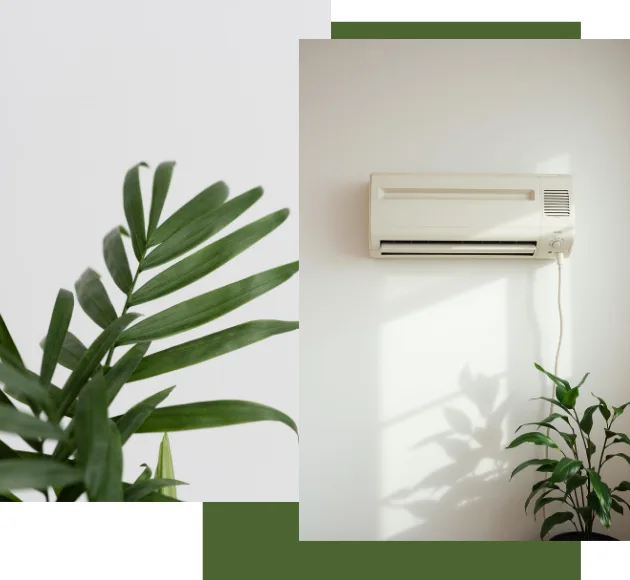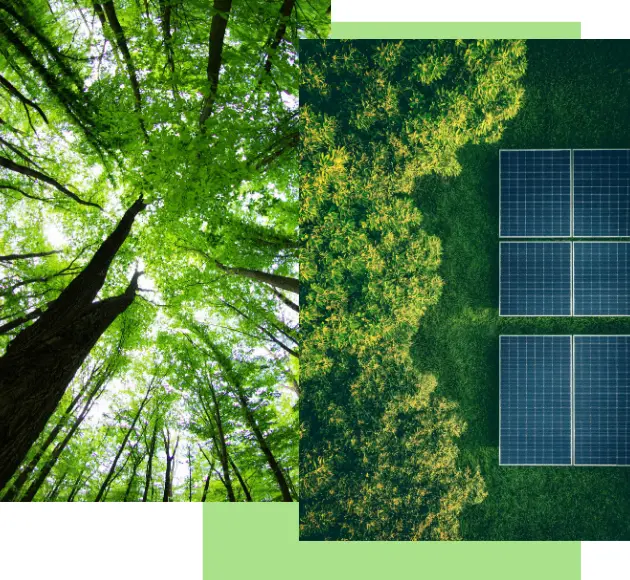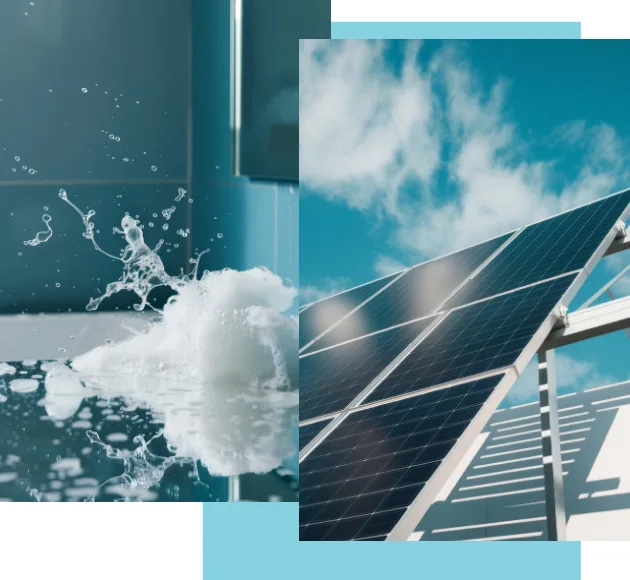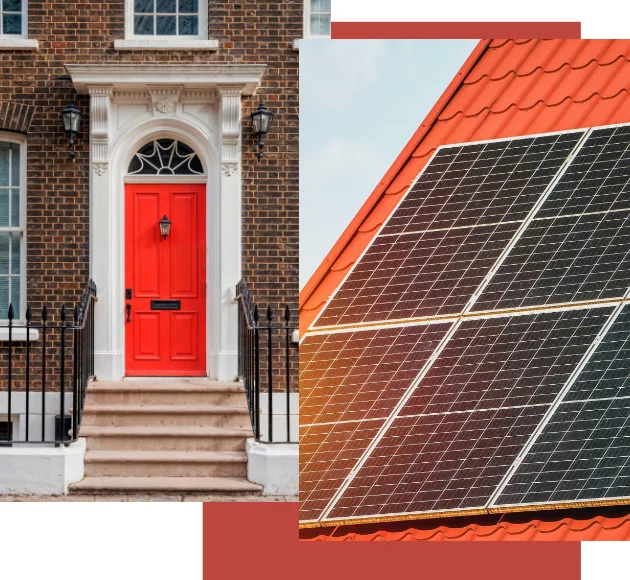

Hybrid solar panel technicians
MASRED is made up of a team of engineers who are experts in hybrid solar panels. As a specialised company, we combine photovoltaic and thermal technologies to improve energy production and reduce costs for homes and businesses. The engineering team at our hybrid solar panel company ensures that each project is tailored with precision, innovation, and long-term performance in mind.










